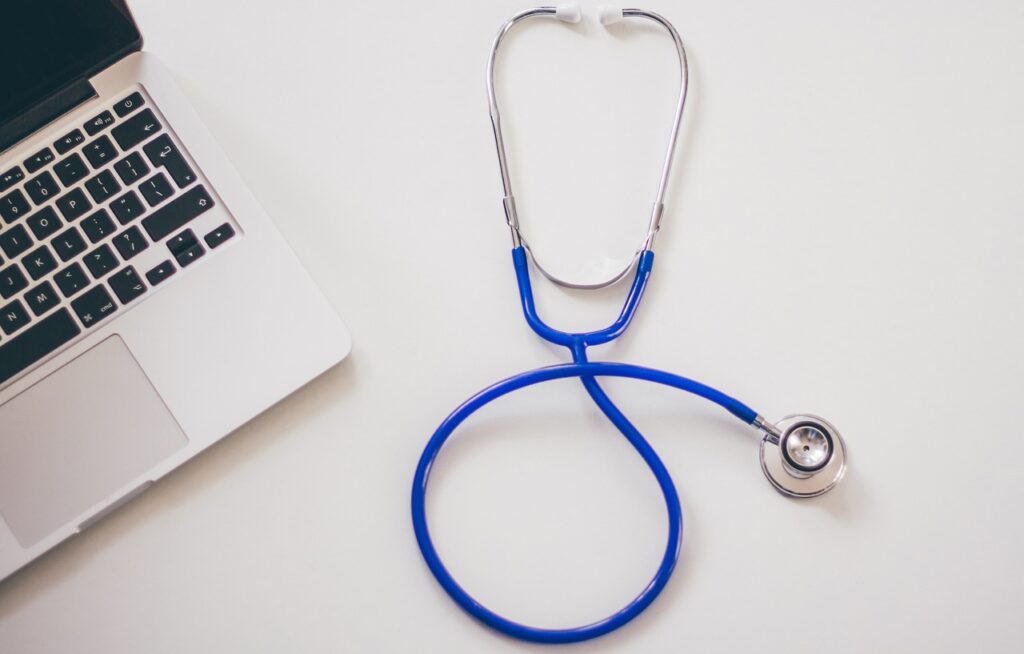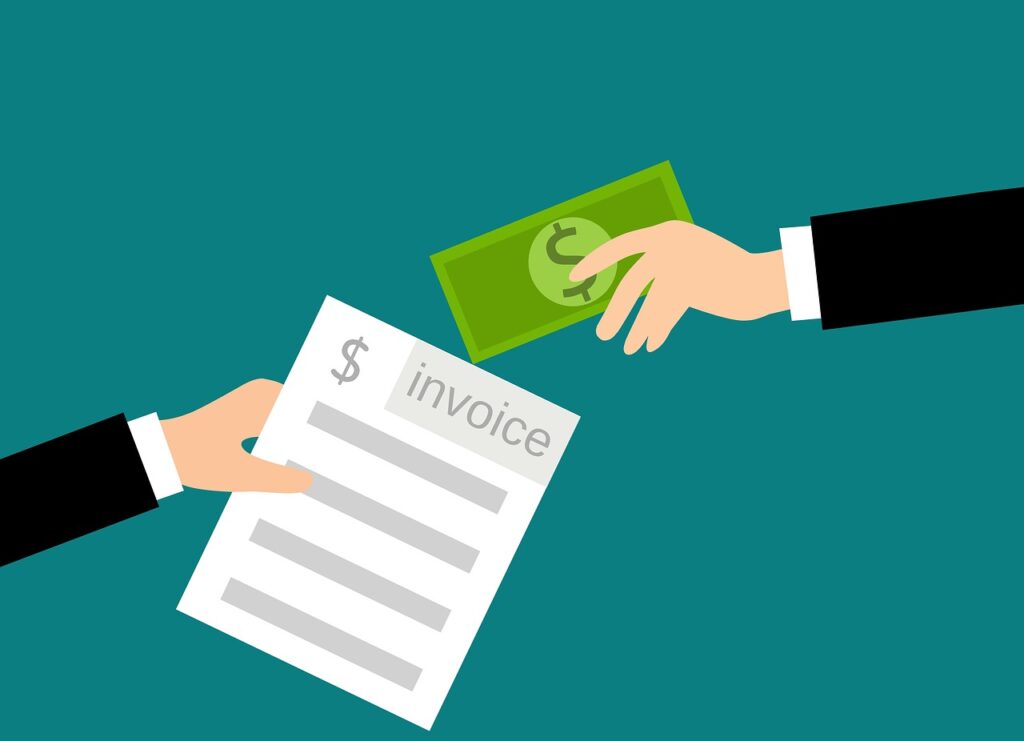A medical biller plays a crucial role in the healthcare industry by ensuring that healthcare providers receive proper reimbursement for their services. They are responsible for accurately translating medical records into billing codes and submitting claims to insurance companies. Without medical billers, healthcare providers would face significant financial challenges and patients would struggle with insurance coverage.
Medical billing is a vital component of the healthcare system, as it ensures that providers receive timely and accurate payment for the care they provide. It requires a strong attention to detail, knowledge of medical coding and billing procedures, and the ability to navigate complex insurance regulations.
Benefits of Pursuing a Career as a Medical Biller
Choosing a career as a medical biller offers a range of benefits for individuals interested in the healthcare industry. Some of the key advantages include:
- Job stability and growth opportunities: The demand for skilled medical billers continues to grow, providing long-term job security and potential for career advancement.
- Flexible work options: Medical billers often have the flexibility to work in various healthcare settings, such as hospitals, clinics, or insurance companies. This allows for a diverse range of work environments and schedules.
- Competitive salaries and benefits: Medical billers receive competitive compensation packages, including salary, healthcare benefits, and retirement plans. The earning potential can increase with experience and specialization.
Education and Training
Education and training are essential steps to becoming a successful medical biller. This section will outline the educational requirements and various training options available for aspiring medical billers.
High School Diploma or Equivalent
Before pursuing a career in medical billing, it is important to have a high school diploma or equivalent. This serves as the minimum educational requirement for most medical billing programs and provides a solid foundation for further education and training.
Enrolling in a Medical Billing Program
To gain the necessary skills and knowledge in medical billing, it is highly recommended to enroll in a reputable and accredited medical billing program. You can find these programs at traditional colleges, trade schools, and community colleges. These programs offer comprehensive training and cover various aspects of medical billing, including coding, billing procedures, and healthcare regulations.
Importance of Choosing an Accredited Program
When selecting a medical billing program, it is crucial to choose one that is accredited by a recognized accrediting body. Accreditation ensures that the program meets specific quality standards and provides a curriculum that is relevant to the industry.
Featured Online Medical Billing Programs
Online medical billing programs offer flexibility and convenience for individuals who may have other commitments or prefer to learn at their own pace. These programs provide the same level of education and training as traditional in-person programs. Here are some key components of online medical billing programs:
Program Overview
An online medical billing program typically covers a wide range of topics related to medical billing, including medical terminology, coding systems, insurance reimbursement, and legal and ethical considerations. The program is designed to provide students with a comprehensive understanding of the field.
Curriculum
The curriculum of an online medical billing program may include courses such as medical coding, healthcare billing, healthcare laws and regulations, medical office management, and healthcare reimbursement systems. These courses are designed to equip students with the necessary knowledge and skills to perform the duties of a medical biller effectively.
Certification Options
Some online medical billing programs offer certification options upon completion. These certifications can enhance job prospects and demonstrate proficiency in medical billing. Common certifications include Certified Professional Biller (CPB) and Certified Medical Reimbursement Specialist (CMRS).

Job Opportunities and Career Advancement and Growth
As a medical biller, there are various career opportunities available in different work settings. These opportunities can provide you with a fulfilling and stable career in the healthcare industry.
Employment Prospects for Medical Billers
Medical billers have a wide range of employment opportunities in various work settings. These settings include hospitals, physicians’ offices, and administrative and support services. According to the top search results, the demand for medical billers and coders is growing, indicating a positive job outlook in the field.
Hospitals, both state and private, provide employment opportunities for medical billers. Physicians’ offices also hire medical billers to handle their billing and coding needs. Additionally, administrative and support services companies, as well as professional, scientific, and technical service firms, require the expertise of medical billers.
The increasing complexity of the healthcare system and the shift towards electronic health records have contributed to the demand for skilled medical billers. With the rise in healthcare services, the need for professionals who can accurately process and manage billing documents is on the rise.
Career Advancement Opportunities
Medical billing offers several opportunities for career advancement and professional growth. As a medical biller, individuals can choose to specialize in specific areas within the field. Specializations may include working with specific types of medical procedures, such as surgical billing or specialized billing for certain medical specialties.
Advancement into management roles is also possible for experienced medical billers. With the right skills and experience, medical billers can move into supervisory or managerial positions, overseeing a team of billers and coders. These roles often come with increased responsibility and higher salaries.
Continuing education and professional development resources are available for medical billers who want to enhance their skills and stay up-to-date with industry trends. These resources may include workshops, webinars, and certifications that can further validate their expertise and improve their career prospects.
Average Salary Range for Medical Billers
Medical billers can expect to earn a competitive salary based on various factors. Understanding the factors that influence salary variations and comparing salaries in different work settings can help individuals make informed decisions about their career in medical billing.
The average salary for medical billers can range from $36,500 to $47,000 per year, depending on various factors.
Factors that Influence Salary Variations
Several factors can impact the salary range for medical billers. These factors include:
- Years of experience: As with many professions, medical billers with more experience generally earn higher salaries. Experience allows individuals to develop a deeper understanding of the field and gain valuable skills that contribute to increased earning potential.
- Education and certifications: Higher levels of education, such as an associate’s or bachelor’s degree in medical billing, may lead to higher salaries. Additionally, earning certifications, such as the Certified Professional Biller (CPB) certification, can demonstrate expertise and may result in higher pay.
- Location: Salaries can vary depending on the geographic location. Factors such as cost of living, demand for medical billers, and regional market conditions can influence salary ranges. For example, salaries in metropolitan areas may be higher compared to rural areas.
- Work setting: The type of healthcare facility or organization where a medical biller works can impact salary ranges. Medical billers employed in hospitals, physician’s offices, or specialized clinics may have different salary structures.

Medical Billing vs. Medical Coding
Differences between Medical Billing and Medical Coding
In the healthcare industry, both medical billing and medical coding play crucial roles in ensuring accurate and timely reimbursement for healthcare services. However, there are distinct differences between these two professions. Understanding these differences is essential for individuals considering a career in either field.
Medical billers are responsible for translating healthcare services into billing codes and submitting claims to insurance companies or other payers for reimbursement. They play a vital role in ensuring that healthcare providers receive proper compensation for their services. On the other hand, medical coders assign specific codes to diagnoses, procedures, and treatments based on medical documentation. These codes are used for various purposes, including billing, statistical analysis, and research.
Collaboration between medical billers and coders is crucial to ensure accurate and efficient reimbursement processes. Medical billers rely on the codes assigned by medical coders to generate accurate claims and prevent billing errors. Similarly, medical coders benefit from the expertise of medical billers in navigating insurance guidelines and requirements. Both roles work together to ensure proper documentation, coding accuracy, and timely reimbursement.
Pros and Cons of Pursuing a Career in Medical Billing or Medical Coding
When considering a career in the healthcare industry, it’s essential to evaluate the pros and cons of pursuing a career in medical billing or medical coding. Here are some factors to consider:
1. Job Outlook and Growth Potential: Both medical billing and medical coding professions have promising job outlooks. The demand for qualified professionals in both fields is expected to grow due to advancements in healthcare technology, an aging population, and changes in healthcare regulations. However, it’s important to note that job growth may vary depending on the region and the healthcare settings.
2. Personal Preferences and Skill Sets Required: Medical billing and medical coding require different skill sets and personal preferences. Medical billers need strong communication skills, attention to detail, and knowledge of insurance guidelines. They often interact with patients, healthcare providers, and insurance companies. Medical coders, on the other hand, need excellent analytical skills, attention to detail, and a solid understanding of medical terminology and coding systems.
3. Work Environment: Medical billers and coders can work in various healthcare settings, including hospitals, physicians’ offices, and healthcare organizations. The work environment may vary based on the setting and the size of the organization. Some professionals may have the flexibility to work remotely or on a part-time basis.
4. Career Advancement Opportunities: Both medical billing and coding offer opportunities for career advancement. With experience and additional certifications, professionals in these fields can progress into supervisory or management roles. Specialization in specific areas, such as coding for a particular medical specialty, can also enhance career prospects.
Ultimately, the choice between a career in medical billing or medical coding depends on an individual’s interests, strengths, and career goals. It’s important to carefully assess the pros and cons of each profession and consider personal preferences and skills before making a decision.
Ready to Pursue a Career as a Medical Biller?
If you have an interest in healthcare and a strong attention to detail, a career as a medical biller could be an excellent choice for you. By pursuing this path, you can contribute to the smooth functioning of healthcare facilities and play a crucial role in ensuring accurate billing and reimbursement. With the growing demand for medical billers, this career offers stability and numerous opportunities for growth and advancement.

Frequently Asked Questions
How long does it take to become a medical biller?
The time it takes to become a medical biller can vary depending on several factors, including the level of education and training required, the individual’s dedication and study habits, and whether they choose to pursue certification. Generally, it can take anywhere from several months to a couple of years to complete the necessary education and training to become a medical biller. Online programs may offer more flexibility in terms of study pace and duration, allowing individuals to complete their coursework at their own pace. It is important to research and choose a reputable program that meets your needs and goals.
How can I become a medical biller quickly?
If you are looking to become a medical biller quickly, there are a few strategies you can consider:
- Choose an accelerated program: Some educational institutions offer accelerated programs that condense the coursework and training into a shorter timeframe. These programs may require a more intensive study schedule but can help you complete your training faster.
- Dedicate time and focus: By dedicating consistent time and effort to your studies, you can progress through the program more efficiently. Create a study schedule and stick to it, minimizing distractions and maximizing your learning opportunities.
- Utilize online resources: Online resources such as practice exams, study guides, and tutorials can help you grasp concepts more quickly and prepare for certification exams. Take advantage of these resources to enhance your understanding and speed up your learning process.
What is the average hourly wage for medical billers?
The average hourly wage for medical billers can vary depending on factors such as experience, location, and work setting. According to ZipRecruiter, the median hourly wage for medical records and health information technicians, which includes medical billers, was $20.52 as of January 2024. However, it is important to note that wages can range from around $17.55 per hour to over $25.48 per hour, depending on various factors.
Additionally, individuals with specialized certifications or additional training may be able to command higher wages. It is always a good idea to research the salary ranges in your specific area and consider factors such as cost of living when evaluating potential earnings as a medical biller.
Is medical billing a stressful job?
Like any job, the level of stress in medical billing can vary depending on individual circumstances and work environment. Medical billing involves handling sensitive patient information, working with insurance companies, and ensuring accuracy in billing and coding. This can sometimes be challenging and require attention to detail.
However, with proper training, experience, and effective time management skills, many medical billers are able to navigate their roles successfully and minimize stress. It can be helpful to stay organized, maintain open communication with colleagues, and prioritize self-care to manage stress levels effectively.
